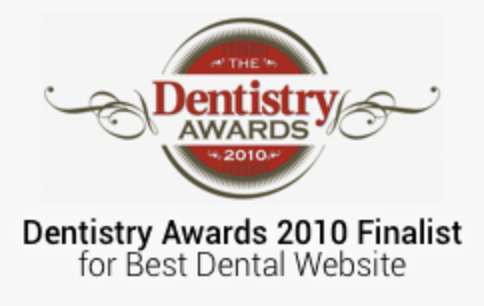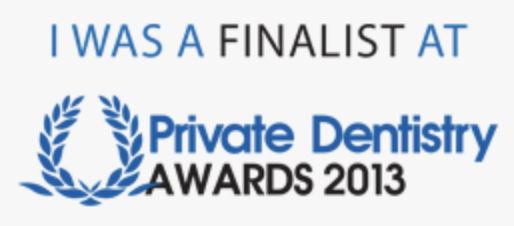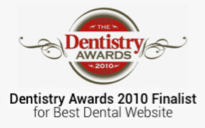
The journey to a flawless smile can be an exhilarating ride, but the first week with braces often poses a few unexpected challenges.
Here at Lifestyle Dental in Preston, your dental health and comfort are our top priorities. We’ve created this in-depth guide on the optimal diet to embrace during the initial week after getting braces. This comprehensive roadmap aims to minimise discomfort, avoid potential damage to your braces, and ensure a smoother transition to your life with braces.
4 things to eat in your first week of braces
We’ve curated a list of soft foods that are not just kind to your braces but also packed with the essential nutrients your body needs.

Smoothies
Whether you’re a fan of tropical flavours like pineapple and mango or prefer the classic combo of strawberries and bananas, smoothies are a godsend. Their smooth, liquid texture will prevent strain on your teeth, and the rich nutrient content can help speed up healing. You can even sneak in vegetables like spinach or kale – their taste will be masked by the fruits, but the nutritional benefits won’t! Also, a top tip is to use a straw whenever possible, this will limit the acidic properties of the smoothie causing damage to the tooth surfaces.
Mashed Potatoes
Who says comfort food can’t be healthy? Soft, warm mashed potatoes are easy to eat and gentle on your sore teeth. With a high content of vitamin C and potassium, they are also good for your overall health. Add some low-fat milk and a dollop of butter for taste and texture, and you have a perfect meal that’s brace-friendly.
Scrambled Eggs
Soft, fluffy scrambled eggs are a breakfast staple that is also perfect for those with braces. Not only are they high in protein, but they are also rich in vitamins D and B12, which contribute to healthy teeth and gums. Mix in some cheese for an extra dose of calcium, and voila! You’ve got a nutritious, easy-to-eat meal.
Fish
Most types of fish have a soft texture that’s easy to chew and swallow. They are also rich in Omega-3 fatty acids, which promote heart health. Tuna or salmon can be baked, grilled, or even turned into a soft fish patty for a tasty, braces-friendly meal.
While enjoying these food items, you should actively avoid hard, crunchy, or chewy foods like nuts, hard candies, popcorn, tough meats, and chewy bread like baguettes. These can damage your braces or cause discomfort, especially during the first week and beyond.
Top Tips for navigating the first week with Braces

Transitioning to a life with braces requires a few alterations in your daily routine. Here are some essential tips to follow:
- Stay Hydrated: Hydration is vital for overall health, but it becomes even more important when you wear braces. Water helps to rinse away food particles that may get stuck in your braces and aids in producing saliva, which plays a crucial role in maintaining oral health.
- Eat Smaller Portions: Chewing large pieces of food can put pressure on your braces and cause discomfort. Instead, cut your food into small, manageable pieces and take your time eating. Remember, there’s no rush!
- Use a Soft Toothbrush: Brushing your teeth with braces requires care. Choose a soft-bristled toothbrush and brush gently to avoid hurting your gums or damaging your braces. Also, consider using a fluoride toothpaste for added protection against cavities.
- Regular Dental Check-ups: Regular check-ups at our clinic in Preston are essential to ensure your braces are working as intended and your oral health is at its best. Remember, we’re here to support you on this journey.
With these food suggestions and top tips, your first week with braces should be a breeze. We’re committed to making your dental health journey comfortable and easy.
Feel free to contact us anytime if you have any questions.

It’s officially the spooky season. The leaves are falling, pumpkins are being picked and Halloween is looming. But ghouls and vampires are not the only things you need to look out for this year.
One thing that is often forgotten (and perhaps the scariest of them all) – is tooth decay. Read on to find out our top tips to avoid a dental disaster this Halloween.
Sugar-free or low sugar ingredients
We all know by now that sugar is bad for our teeth. Often we can keep track of what sweets our children have, but trick or treating makes this more difficult. For sweets you buy for the trick or treaters, we recommend to try looking for confectionery and chewing gum containing the artificial sweetener Xylitol, as this may help to reduce tooth decay.
The important thing is not the amount of sugar you eat or drink but how often you do it.
Dentists suggest consuming sweets during or just after mealtimes, as this is when more saliva is produced which helps neutralise plaque acids and repairs early tooth decay.
Dark chocolate alternatives
Dark chocolate has a number of great health benefits, including improving blood flow and lowering your risk of heart disease. You might not know that it is also better for your teeth and gums, with the antioxidants in dark chocolate being shown to fight periodontal disease!
Spooky stats
- Tooth decay remains the main reason for hospital admissions among 5 to 9 year olds.
- The amount of hospital admissions between 2020 – 21 for tooth decay/dental cavities was 15,114 for children aged 1 – 16.
- The number of 5-9 year olds requiring tooth extractions in hospital rose to 16,959 in 2021-22
Avoid sticky sweets that stay in your mouth for longer

You know when you eat a sweet and it gets stuck to the back of your teeth? It may not surprise you that these kinds are extremely bad for your teeth. The longer a sticky sweet is in your mouth and stuck to your teeth, the longer it has to produce harmful bacteria. Retaining sweets in your mouth for longer – like when eating a lollipop – means the sugar is slowly released. Saliva and bacteria will then combine to produce plaque, which if left, can dissolve enamel.
They also pose the threat of a dental emergency due to teeth cracking, chipping or breaking when biting into them.
Remember to brush those fangs
Even Dracula would have to have kept to some sort of brushing routine – (especially peak biting season). Keeping up your dental hygiene routine is essential every day, but even more so after eating lots of sweets and snacks.
Our top tips for effective tooth brushing:
- Place your brush at a 45 degree angle to your gums
- Gently move the brush back and forth in short strokes
- Brush the outer surfaces, the inner surfaces, and the chewing surfaces of the teeth.
- To clean the inside surfaces of the front teeth, tilt the brush vertically and make several up-and-down strokes.
References

Did you know that most people in the UK have access to less than £2,000 in immediate cash available to them at any one time?
At Lifestyle Dental, we are firm believers in not letting the cost of dental treatment prevent you from getting the smile you’ve always wanted. That’s why we have made it easier by spreading the cost with our flexible payment plans.
What is Chrysalis Finance?
Chrysalis Finance is the UK’s largest and most experienced patient payment solutions company. Established in 2014, Chrysalis Finance is the only UK medical finance provider that is authorised with full permission by the Financial Conduct Authority, enabling them to manage your compliance with all of the Consumer Credit regulations.
What are the benefits?
- Tailored payment plans
- Pay back over a time scale that suits you
- Optional deposit to cut the monthly payments even further
- You can borrow between £350 and £25,000, subject to status.
- The application process is quick and easy
- Get the smile you’ve always wanted as soon as possible
Try the Chrysalis Finance Calculator
It’s quick and easy. Calculate for yourself the monthly repayments for your treatment by entering the cost into the finance calculator.
The step-by-step process
- Book your consultation to find out which treatment is best for you, then we can discuss your finance options.
- If you’d like to go ahead, complete a simple, online credit application, which one of our staff can help you with.
- The information is then transmitted to the lender immediately and a reply is usually received in return.
- You can then either sign a credit agreement that we print for you, or have it emailed for you to complete at home.
- You’re ready to start your treatment journey!
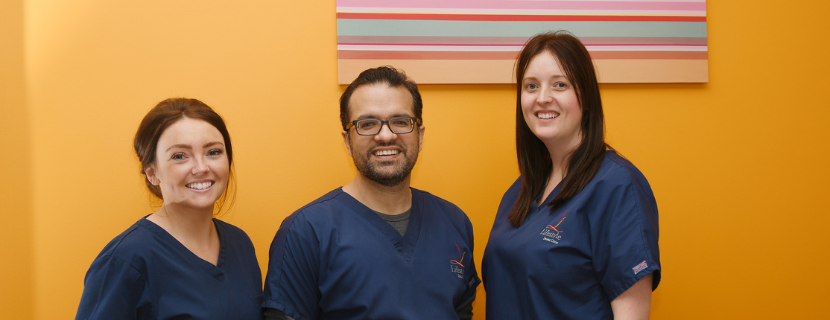
What do you need to know?
- You will need to be aged 18 and over.
- We provide finance from £350 to £25,000
- All finance is subject to status and Terms and Conditions
- To be eligible to apply for finance , you will need to have been a permanent UK resident for at least the last 3 years.
We are more than happy to go through your payment options with you during your consultation. Book your free, no obligation consultation today.

For many children across the UK, it’s finally the summer holidays! Many parents take this opportunity to whisk their families or partners away to a sunny resort, a weekend at the caravan or an adventure-filled break at Center Parcs.
In all the excitement there’s something we might accidentally start slacking on – our dental health. This blog highlights some top tips to help look after your teeth whilst you’re on holiday to help keep your mouth healthy and happy!
Make a dental appointment pre-holiday
It’s always a good idea to have a dental check-up before you go away. Having a toothache is bad enough, but having it when you’re trying to enjoy yourself and relax whilst you’re far away from home is even worse. Dental check-ups help to prevent any future problems from arising and will put your mind at rest.
Keep up your dental routine
It’s important that even though you are out of your usual work routine to keep up with your dental routine and still continue to brush your teeth twice a day (and remember to pack your floss!) Often after a day of relaxing, eating a lovely meal and winding down before bed – it’s easy to think: ‘I’m too tired to brush my teeth tonight – I’ll make sure to brush extra well in the morning!’
Skipping even one session encourages the growth of plaque which can lead to gum disease, so no matter how tempting, make sure to keep at it!
Keep hydrated
Drinking water consistently helps to keep your mouth moist and prevents any harmful bacteria from collecting and staying on your teeth and gums. Drinking water is also important to boost your energy levels and deliver important nutrients throughout your body.
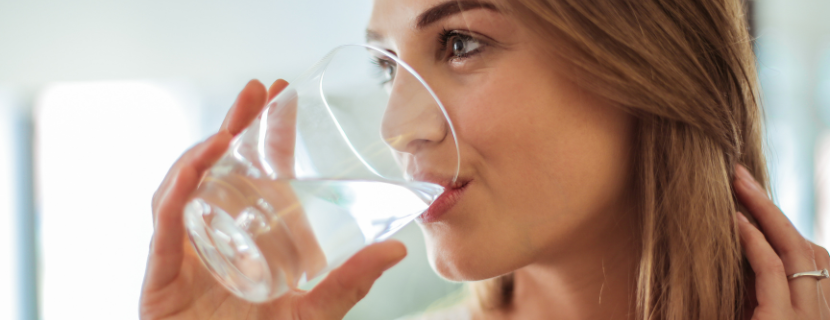
Use a straw
Of course you’re on holiday and you’re going to enjoy yourself, so if you enjoy a sugary drink every once in a while, try drinking it with a straw. This helps to limit the contact of the sugar in the drink with your teeth.
Take care during activities
If you’re swinging on a zipline, bobbing on a kayak or just generally rugby tackling your siblings – wearing a mouthguard can help protect your teeth from injury or cracking and prevent any untimely visits to the dentist once you get home.
Book your free consultation and get summer holiday ready!
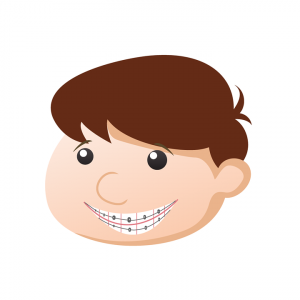 Many have childhood memories of their own orthodontic care, or that of friends. The truth is orthodontic treatment is for adults as well as youth!
Many have childhood memories of their own orthodontic care, or that of friends. The truth is orthodontic treatment is for adults as well as youth!
Most orthodontists recommend children to have a consultation when their permanent teeth begin coming in, usually around 7 years old. However, some children can be seen at 6, or 10, or later in their teens. An early visit to the orthodontist can potentially help with issues such as overcrowding or an uneven bite. Visiting the orthodontist young does not mean that braces happen immediately.
Some adults find that their once-straight smile has shifted over the years. Your smile is important and one of the first things people notice when they see you. Smiles are important for your self-esteem, but orthodontic treatment is far more than a cosmetic treatment. Crowded and crooked teeth lead to an increase in plaque and food buildup between your teeth. Additionally, crowded teeth can cause other related symptoms such as headaches and earaches.
It’s never too late to have orthodontic care. If you have questions, ask your dentist who can refer you to an orthodontist in your area.
Did you know that Lifestyle Dental provides orthodontic care? To make an appointment for an orthodontic consultation, or to discuss any of your dental concerns or questions, email us at info@lifestyledental.co.uk, or call us on 01772 717316.




